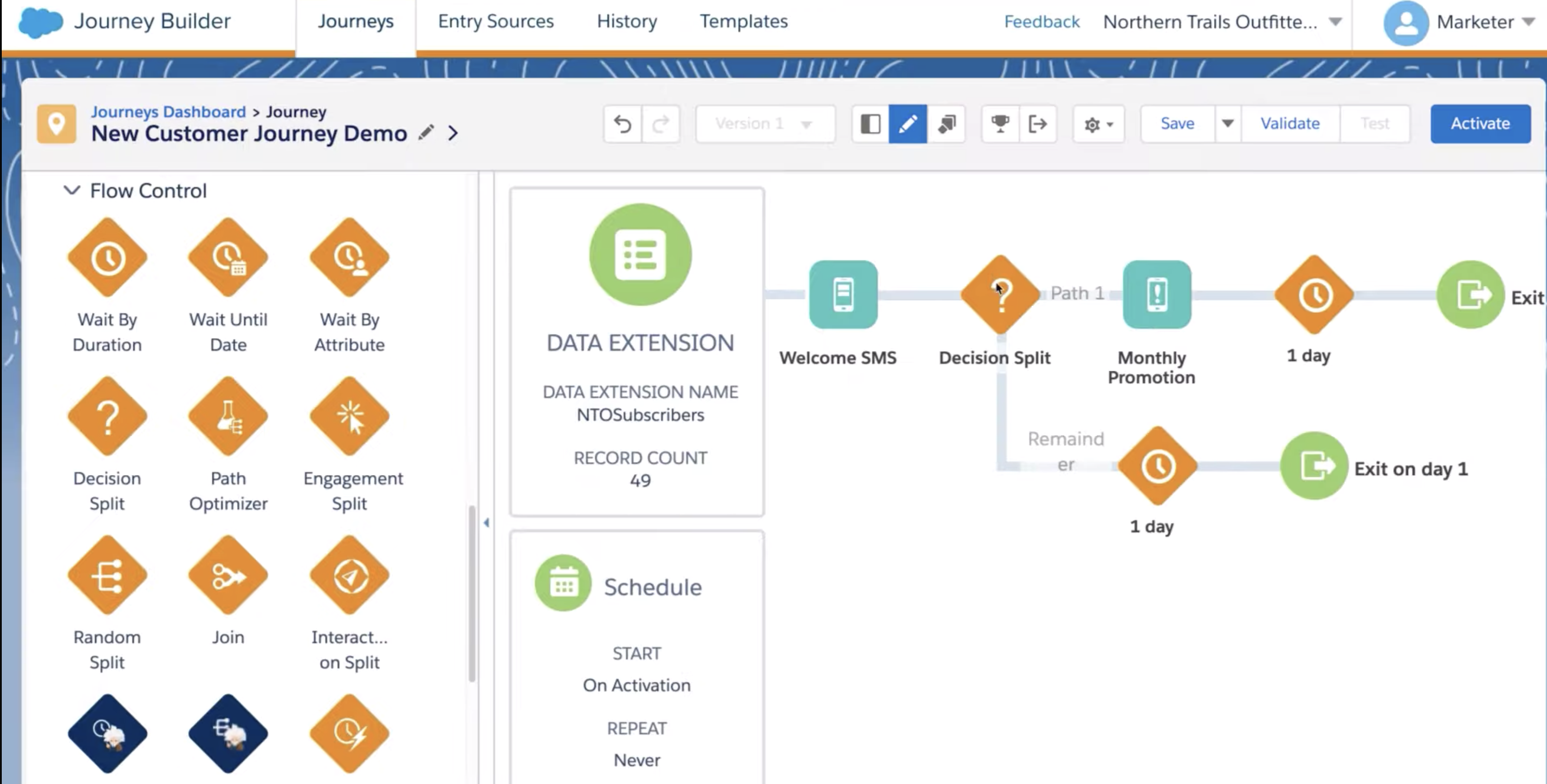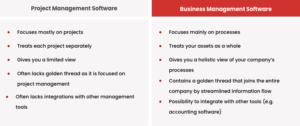Salesforce Marketing Cloud automates marketing tasks and delivers personalized customer experiences. It uses data integration to optimize campaigns.
Salesforce Marketing Cloud is a powerful platform designed to streamline and enhance marketing efforts. It helps businesses manage customer journeys, create targeted campaigns, and analyze performance. This tool integrates with various data sources, ensuring a cohesive and personalized customer experience across multiple channels.
Marketers can use it to track customer interactions, automate tasks, and generate insightful reports. The platform’s capabilities include email marketing, social media engagement, mobile messaging, and web personalization. By leveraging these features, businesses can optimize their marketing strategies, increase engagement, and drive better results. Salesforce Marketing Cloud is essential for companies aiming to elevate their marketing game.
Introduction To Salesforce Marketing Cloud
Salesforce Marketing Cloud is a powerful platform. It helps businesses manage their digital marketing. Learn how it works and why it’s important.
What Is Salesforce Marketing Cloud?
Salesforce Marketing Cloud is a digital marketing platform. It allows businesses to create and manage marketing campaigns. It integrates with various channels such as email, social media, and mobile.
With this platform, marketers can engage customers. They can use personalized content and track customer behavior. It’s a comprehensive tool for all marketing needs.
Importance In Digital Marketing
In today’s digital age, personalized marketing is key. Salesforce Marketing Cloud helps achieve this. It provides insights into customer preferences.
This platform allows for targeted marketing. Businesses can segment their audience and send relevant messages. This increases customer engagement and loyalty.
Another crucial aspect is automation. The platform automates repetitive tasks. This saves time and ensures consistency in marketing efforts.
Core Features
Salesforce Marketing Cloud offers a comprehensive suite of tools. These tools help businesses create personalized marketing campaigns. The core features of Salesforce Marketing Cloud are designed to enhance customer engagement. Below are some of the key components that make this platform so powerful.
Email Studio
Email Studio allows you to create and manage targeted email campaigns. It offers drag-and-drop tools that are easy to use. You can segment your audience based on various criteria. This ensures that your emails reach the right people at the right time. With advanced analytics, you can track the performance of your campaigns. This helps you optimize future emails for better results.
Mobile Studio
Mobile Studio helps you connect with customers through their mobile devices. You can send SMS, push notifications, and group messages. This feature ensures your message reaches customers wherever they are. The platform also supports location-based messaging. This allows you to send personalized offers based on a customer’s location. With detailed reports, you can measure the effectiveness of your mobile campaigns.
Social Studio
Social Studio integrates with various social media platforms. This feature lets you manage all your social media activities from one place. You can schedule posts, engage with followers, and analyze social media performance. The platform also provides sentiment analysis. This helps you understand how customers feel about your brand. With these insights, you can improve your social media strategy.
Advertising Studio
Advertising Studio allows you to create targeted ads across multiple channels. You can integrate your CRM data to create personalized ad campaigns. This ensures that your ads reach the most relevant audience. The platform supports various ad formats, including display and social ads. You can also measure the performance of your ads. This helps you optimize your advertising budget for better ROI.
Data Management
Salesforce Marketing Cloud excels in data management by organizing and leveraging customer data. This ensures personalized marketing campaigns and improved customer engagement. Let’s explore the core components of its data management capabilities.
Data Extensions
Data Extensions are tables within Salesforce Marketing Cloud where you store your data. These tables can hold any type of data, such as customer details, purchase history, or email preferences. You can create custom fields to capture specific information relevant to your business.
| Field Name | Data Type | Description |
|---|---|---|
| CustomerID | Number | Unique identifier for each customer |
| Text | Customer’s email address | |
| PurchaseDate | Date | Date of the customer’s purchase |
Contact Builder
Contact Builder is a powerful tool within Salesforce Marketing Cloud. It helps you manage and link customer data across multiple channels. This ensures a unified view of each customer.
- Create and manage customer profiles
- Define relationships between different data sources
- Ensure data accuracy and consistency
Using Contact Builder, you can integrate data from various sources. This creates a comprehensive customer profile, enabling targeted and effective marketing strategies.
Audience Segmentation
Audience Segmentation allows you to divide your audience into specific groups. These groups are based on shared characteristics or behaviors. This helps in creating more relevant and personalized marketing messages.
- Define segmentation criteria
- Create segments based on demographics, behavior, or preferences
- Use segments to target specific audiences with tailored campaigns
Effective audience segmentation can lead to higher engagement rates. It ensures your marketing messages resonate with the right audience at the right time.
Personalization And Automation
Salesforce Marketing Cloud allows for effective personalization and automation. This ensures you deliver the right message to the right audience. With tools like Journey Builder, Automation Studio, and Content Builder, you can streamline marketing efforts.
Journey Builder
Journey Builder helps create personalized customer journeys. This tool maps out each step of the customer journey. You can set triggers for emails, messages, or ads. Each journey is unique and tailored to customer behavior. This ensures customers receive relevant and timely content.
Automation Studio
Automation Studio takes care of repetitive tasks. It automates data imports and segmentation. You can set up rules to automate customer engagement. This saves time and reduces errors. Automated workflows ensure consistent messaging across channels.
Content Builder
Content Builder is a powerful tool for creating content. It offers a drag-and-drop interface. You can create and manage different types of content. This includes emails, landing pages, and social posts. You can also personalize content for different audiences. Content Builder ensures your content is visually appealing and effective.
Analytics And Reporting
Salesforce Marketing Cloud offers robust analytics and reporting tools. These tools help you understand campaign performance. With detailed insights, you can refine your marketing strategies.
Tracking And Reporting
Salesforce Marketing Cloud provides comprehensive tracking and reporting features. These features help you monitor customer interactions. You can track email opens, clicks, and conversions. This data helps you understand customer behavior better.
Reports are customizable. You can generate reports based on various parameters. Some common parameters include campaign, audience, and time period. This flexibility allows for precise analysis.
Einstein Analytics
Einstein Analytics is a powerful tool in Salesforce Marketing Cloud. It uses artificial intelligence to provide predictive insights. You can identify patterns and trends in your data. This helps in making informed decisions.
Einstein Analytics can predict customer behavior. It helps in targeting the right audience. With these insights, you can create more effective campaigns.
Measuring Campaign Success
Measuring campaign success is crucial. Salesforce Marketing Cloud offers tools to measure various metrics. Some important metrics include:
- Open Rate
- Click-Through Rate
- Conversion Rate
- Return on Investment (ROI)
These metrics help you understand campaign performance. You can identify what works and what doesn’t. This helps in optimizing future campaigns.
Below is a sample table showing key metrics:
| Metric | Description |
|---|---|
| Open Rate | Percentage of emails opened |
| Click-Through Rate | Percentage of clicks on links |
| Conversion Rate | Percentage of completed actions |
| ROI | Return on investment |
Tracking these metrics ensures continuous improvement. With accurate data, you can make better marketing decisions.

Credit: www.salesforceben.com
Integration Capabilities
Salesforce Marketing Cloud offers robust integration capabilities that enhance its functionality. These integrations make it easy to connect with various systems and tools. This ensures a seamless marketing experience.
Crm Integration
Salesforce Marketing Cloud excels in CRM integration. It easily connects with Salesforce CRM, allowing you to manage customer data efficiently. This integration helps in creating personalized marketing campaigns.
With CRM integration, you can:
- Access real-time customer data
- Track customer interactions
- Automate follow-up emails
Third-party Integrations
The platform supports numerous third-party integrations. This allows you to connect with other marketing tools and platforms. You can integrate with social media, email services, and more.
Some popular third-party integrations include:
| Tool | Purpose |
|---|---|
| Social Media Campaigns | |
| Mailchimp | Email Marketing |
| Google Analytics | Data Analysis |
Api Capabilities
Salesforce Marketing Cloud offers powerful API capabilities. This allows developers to create custom integrations. You can connect any system or application to the platform.
API capabilities enable:
- Custom data exchanges
- Automated workflows
- Enhanced data security
These integration capabilities make Salesforce Marketing Cloud a versatile tool. This flexibility helps you streamline your marketing efforts.
Best Practices
Salesforce Marketing Cloud offers powerful tools for digital marketing. To make the most of it, follow these best practices. These practices ensure effective campaigns and better customer engagement.
Data Hygiene
Maintaining clean data is crucial. Accurate data helps in making informed decisions.
- Regularly update customer information.
- Remove duplicate entries.
- Correct errors in data fields.
Use data cleansing tools within Salesforce. These tools automate the data cleaning process.
Segmentation Strategies
Segmentation is key for targeted marketing. Divide your audience into smaller groups based on specific criteria.
- Demographic Segmentation: Age, gender, income, etc.
- Behavioral Segmentation: Purchase history, website activity.
- Geographic Segmentation: Location-based targeting.
Use the Audience Builder feature in Salesforce. This tool helps create precise segments.
Personalization Techniques
Personalization improves customer experience. Tailor your messages to individual preferences.
- Use the customer’s name in emails.
- Recommend products based on past purchases.
- Send personalized offers on special occasions.
Utilize Einstein AI in Salesforce. This tool enhances personalization through machine learning.
Case Studies And Success Stories
Salesforce Marketing Cloud is a powerful tool that helps businesses achieve marketing goals. By examining case studies and success stories, we can see how effective it is. These examples showcase how different industries leverage Salesforce Marketing Cloud to drive successful marketing campaigns.
Successful Campaigns
Many companies have run successful campaigns using Salesforce Marketing Cloud. Here are a few examples:
- Company A: Increased email open rates by 30% using personalized content.
- Company B: Boosted customer engagement by 50% with targeted social media ads.
- Company C: Improved sales by 20% through automated marketing workflows.
These companies used the platform’s powerful tools to achieve remarkable results. They utilized features like segmentation, automation, and analytics to enhance their marketing efforts.
Industry-specific Examples
Different industries benefit from Salesforce Marketing Cloud in unique ways. Here are some industry-specific examples:
| Industry | Use Case | Results |
|---|---|---|
| Retail | Personalized email campaigns | Increased customer loyalty |
| Healthcare | Automated patient reminders | Higher appointment attendance |
| Finance | Targeted financial advice | Better customer retention |
In each industry, businesses tailored their strategies to maximize the benefits of Salesforce Marketing Cloud.
Lessons Learned
From these success stories, we can gather valuable lessons learned:
- Personalization is key to engaging customers.
- Automation saves time and increases efficiency.
- Data analytics helps refine marketing strategies.
By applying these lessons, businesses can enhance their marketing performance. Understanding these principles ensures more effective use of Salesforce Marketing Cloud.
Getting Started
Salesforce Marketing Cloud is a powerful tool for marketers. It helps manage customer journeys and interactions. Getting started with this platform can seem overwhelming. But breaking it down into steps makes it easier.
Setup And Configuration
Setting up Salesforce Marketing Cloud involves several steps. First, create your account. Follow the guided process to enter your details. Next, configure your settings to fit your business needs. This includes setting up users and permissions.
Here’s a simple table to guide your setup process:
| Step | Description |
|---|---|
| Create Account | Sign up and enter basic information |
| Configure Settings | Set up users, permissions, and preferences |
| Data Integration | Connect your data sources |
| Test and Launch | Run tests to ensure everything works |
Training And Resources
Salesforce provides many training resources. These help you learn how to use the Marketing Cloud. You can find online courses, webinars, and guides. The Trailhead platform is very useful. It offers step-by-step tutorials and hands-on practice.
Here are some key resources:
- Trailhead modules and trails
- Webinars and live sessions
- Help documentation and guides
Support And Community
The Salesforce community is very supportive. You can get help from other users and experts. Join the Salesforce Community to ask questions and share knowledge. The community forums are a great place to start. Additionally, Salesforce offers customer support through various channels.
Here’s how you can get support:
- Join the Salesforce Community
- Participate in forums and discussions
- Contact Salesforce Support for technical issues

Credit: www.salesforce.com

Credit: www.synebo.io
Frequently Asked Questions
What Is Salesforce Marketing Cloud?
Salesforce Marketing Cloud is a digital marketing platform. It helps businesses engage with customers. It provides tools for email, social media, and advertising.
How Does Salesforce Marketing Cloud Benefit Businesses?
Salesforce Marketing Cloud helps businesses improve customer engagement. It allows for personalized marketing. It also provides analytics to measure campaign success.
What Features Does Salesforce Marketing Cloud Offer?
Salesforce Marketing Cloud offers email marketing, social media management, and advertising tools. It also includes customer journey management and analytics.
Is Salesforce Marketing Cloud User-friendly?
Yes, Salesforce Marketing Cloud is user-friendly. It has an intuitive interface. It also offers extensive support and resources.
Conclusion
Salesforce Marketing Cloud streamlines your marketing efforts with powerful tools. It enhances customer engagement and drives results. By leveraging its features, businesses can optimize campaigns and analyze performance effectively. Embrace this platform to stay ahead in the competitive market. Start transforming your marketing strategy with Salesforce Marketing Cloud today.





